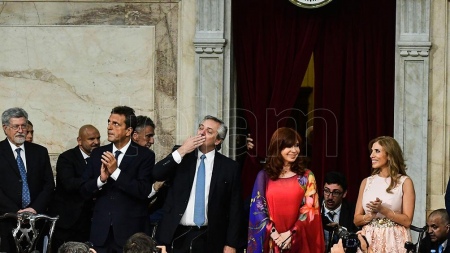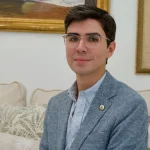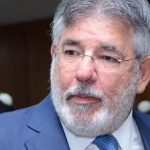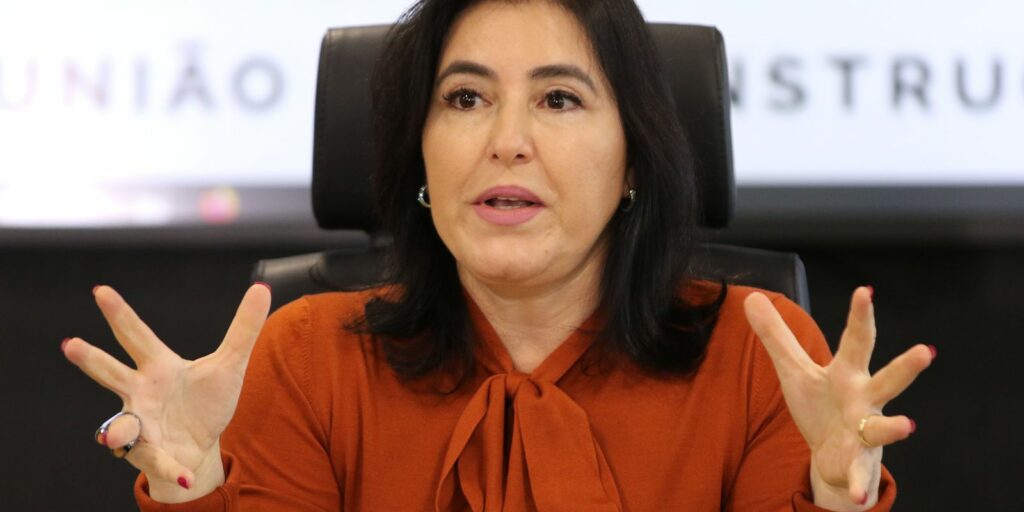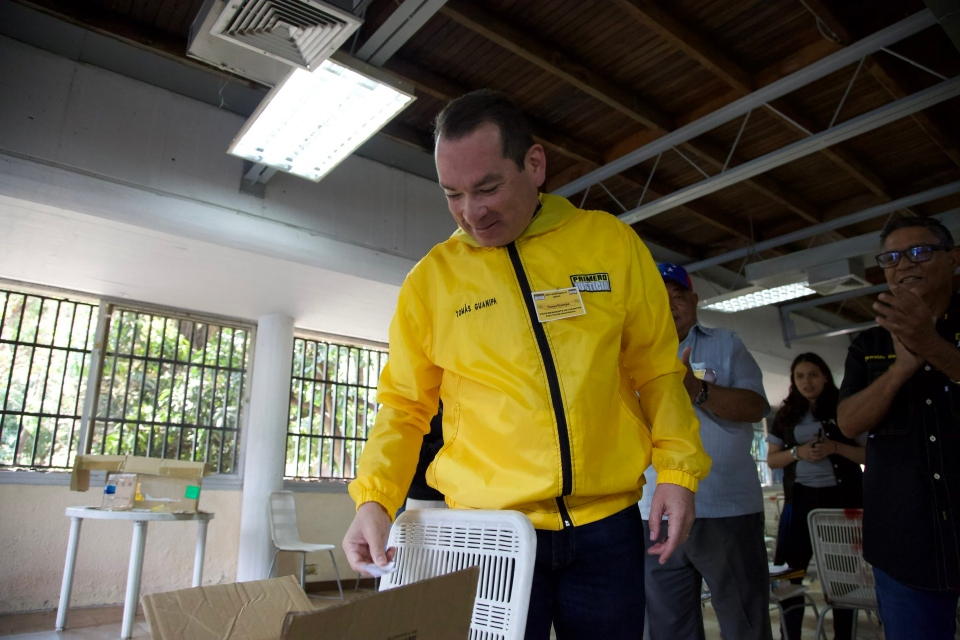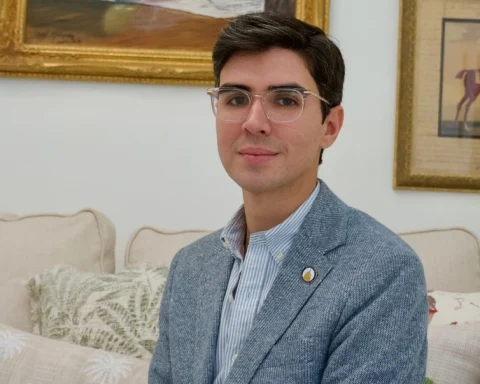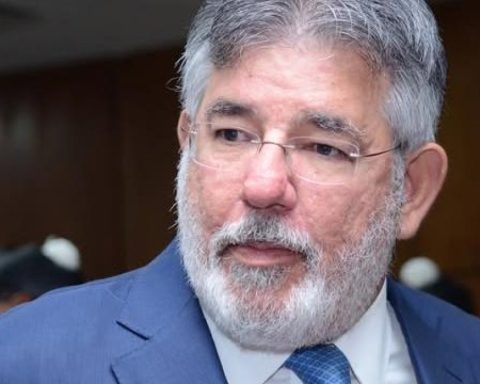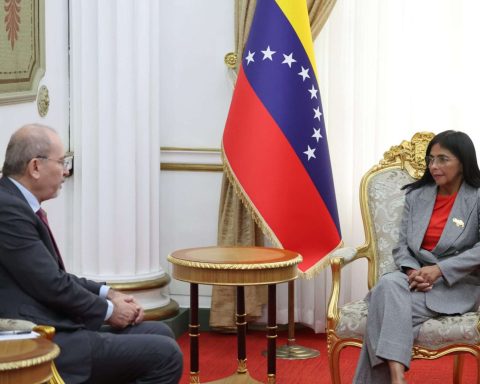President Alberto Fernández opens today the 141st regular session of Congress, during the traditional Legislative Assembly in which he will outline the economic and social challenges of his last year in office.
In what will be his fourth opening of an annual Legislative Assembly, the head of state will inaugurate the new parliamentary year in a ceremony that will begin at 11 a.m. in the Chamber of Deputies.
Vice President Cristina Fernández de Kirchner will be in charge of the formal rigors of the event and will receive the president on the esplanade of the Legislative Palace on Entre Ríos Avenue, to later escort him to the Blue Room of the Senate to sign the minute book.
Unlike the previous three years, Fernández de Kirchner will be accompanied by the new president of the Lower House, Cecilia Moreauwho last year replaced the current Minister of Economy, Sergio Massa, in the leadership of that body.
This time Massa will have a seat next to the rest of the cabinet, in the side seats assigned to special guests, governors and members of the Judiciary and diplomacy.

The vice president will previously attend the formation of the Foreign and Interior commissions that make up deputies and senators from different political spaces to receive the head of state.
In the last Assembly, Fernández had focused on the economic aspects of the management and on the situation inherited from the Macrista government, which caused a group of Pro deputies to withdraw from the premises when the president referred to the origin of the debt with the International Monetary Fund (IMF).
“Argentine men and women have the right to know how the events occurred and who was responsible for so much nonsense”the President had asserted on that occasion.
After the 2022 ceremony took place with a relaxation of sanitary restrictions due to the coronavirus pandemic that broke out in March 2020, no special controls were provided for this year due to a reinforced vaccination scheme.
Discrepancies between FdT and PvC
The opening of the activity of the 141st period of ordinary sessions of the Parliament will be crossed again by the political discrepancies between the main banks, the Frente de Todos (FdT) and Juntos por el Cambio (JxC).
The recent announcement of the formation of a new block of Peronist senators in the Upper House, it will force the FdT to dedicate more time to negotiating agreements to hold sessions in an election year that, as the head of the ruling bloc, José Mayans, announced, will be “difficult.”
The same thing happens in the Chamber of Deputies, where Debate over impeachment requests unfolds to the members of the Supreme Court, a file that also divides the waters between government supporters and opponents.

In the last Assembly, after the Pro deputies left the compound, Fernández’s speech had also focused on criticizing some sectors of the Judiciary.
At that moment, all eyes turned to the four members of the Supreme Court: Horacio Rosatti, Carlos Rosenkrantz, Juan Carlos Maqueda and Ricardo Lorenzetti, who remained unperturbed.
The period of ordinary sessions extends between March 1 and November 30 of each year; After this last date, the Executive Power is empowered to extend the ordinary ones and/or call extraordinary sessions.
